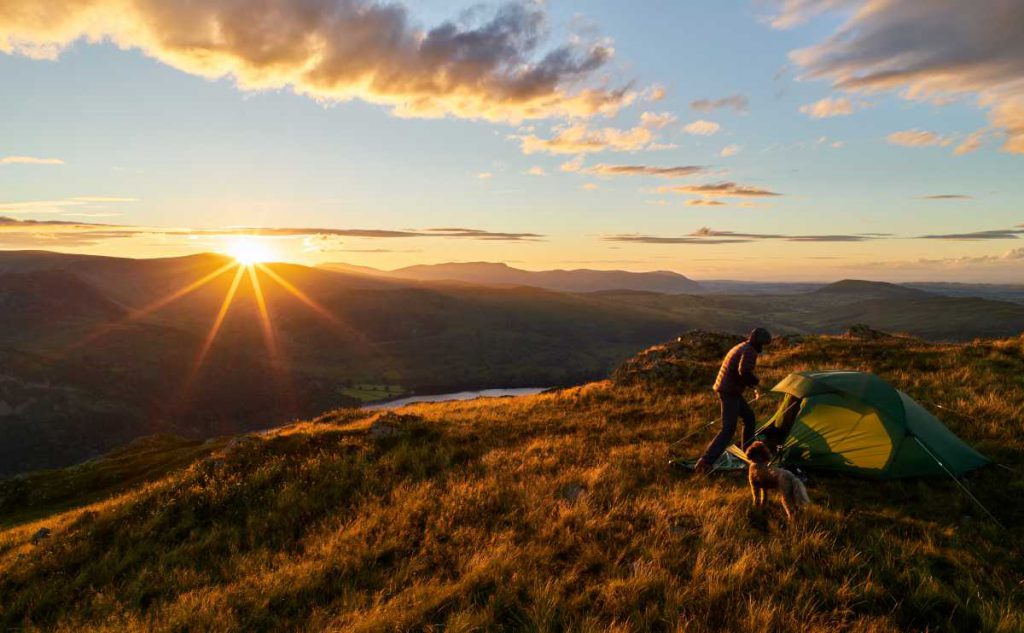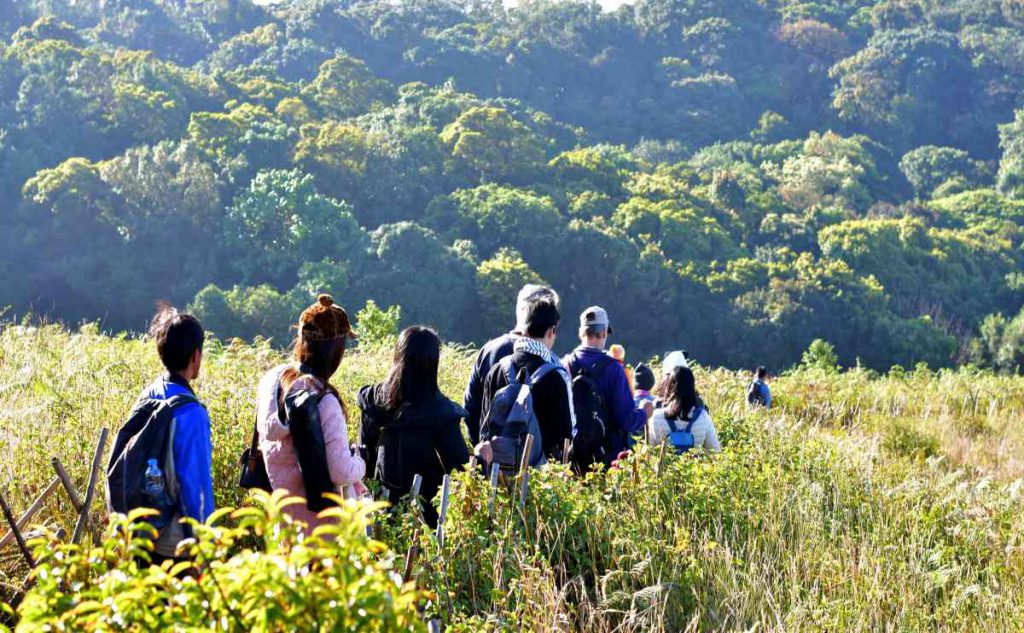Ecotourism is a concept that has, in a sense, been around for a long time in the UK. The UK has a rich tradition of admiring nature, so much so that it is integral to much of our art, history and literature. There are many examples – Our Natural History Museums, Shakespeare’s A Midsummer Night’s Dream, The Pre-Raphaelites, which surrounded The Enlightenment Period with poets like Shelley and Byron’s focus on nature.
What is Ecotourism?
National conservation has officially been around since 1884 in the UK. This was the beginning of the National Trust. It started when Octavia Hill, one of the founders, was commissioned to protect Sayes Court Garden in south east London. Throughout the 18th century, the idea of escaping to the countryside became very popular amongst artists and elites. Today, the National Trust is a huge drive protecting not just 250,000 acres of land but almost 800 miles of coast and dozens of historic castles and places of interest.

Today a bigger movement is growing in ways to explore England in the most sustainable ways possible. With concern for the climate, people are starting to be more conscientious about how they travel. Ecotourism is the idea of visiting nature and bringing money and awareness to the conservation of it. The idea is while invigorating these places and supporting local wildlife you do so in a way without damaging the area.
Things to Keep in Mind
There are several key rules to ecotourism or sustainable travel. Each works to obtain the goal of leaving no trace so as to keep any negative impact on the environment at a minimum. Here are important things to keep in mind when camping.
- Plan and prepare: By planning proper routes, and having the best equipment, you can safely and sustainably hike and camp. Mark proper routes, bring the right things to dispose of waste, know the campground and what is allowed and knowing the group themselves. For example, if you do not coordinate supplies and bring too much this can cause extra waste.
- Keep Paths and Surfaces in Mind: It is important to stick to already existing trails and camping areas. By going off paths and making your own routes you could be disrupting vegetation. If this keeps happening in large groups then much larger areas can be trampled. When deciding where to camp select places that are durable and less likely to be damaged.
- Waste Disposal: Be very mindful of where you use the bathroom. ‘Cat Holes’ are the most accepted method. Dig a hole 6-8 inches deep at least 200 feet from any running water. Of course, when it comes to litter always plan ahead. Plan meals to avoid waste and carry plastic bags to dispose of any kind of litter from one place to another, until you find a mandated reciprocal.
- Respect the environment and its wildlife: The aim is to marvel at nature and nothing more. Although we may come across some astounding flora or wildlife, they must be left well alone. Do not pick any interesting plants or try to collect things on the way. Simply admire the plant and leave it in its habitat. The same is true for animals. Wild animals can be dangerous and disturbing them could cause harm to yourself or the animal. Always give them a wide birth and admire from afar.

These are basic principles to keep in mind and help preserve the landscape. Don’t be perturbed by the responsibility, simply being prepared and mindful makes all the difference. It’s a great thing to bring tourism to the natural landscapes and will help in future preservation. There are many places to explore, simply visit The National Trust for information. We also listed some of the best nature reserves in the UK recently.
Other Holidays
If you wish to be more stationary there are other ways to be an ecotourist. Across the most beautiful places in England, particularly in Cornwall and Devon, are sustainable holiday homes. These places are set up with things like solar panels, natural spring water, wood-burning stoves and more. These vary from small little glamping huts to widespread farms. Decide where you want to be and research the area for sustainable cottages, campsites or farms.